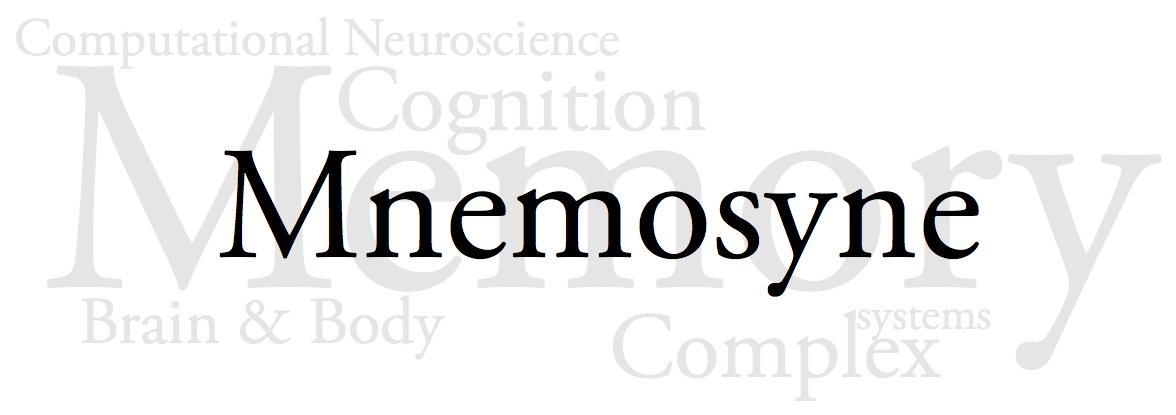|
Director of Research Inria
Mnemosyne Team
Inria Bordeaux Sud-Ouest, Bordeaux, France
Frederic.Alexandre@inria.fr
|
Professor
Brainnetome Center and National Laboratory of Pattern Recognition
Chinese Academy of Sciences, Beijing, P. R. China
shan.yu@nlpr.ia.ac.cn
|





